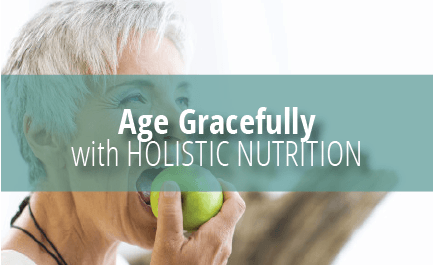Grief and loss are a natural part of life, and as individuals enter their golden years, they are faced with various losses that can be challenging to cope with. Whether it is the loss of a loved one, declining health, or the loss of independence, the elderly often experience profound grief that can impact their overall well-being. In this article, we will explore the different aspects of coping with grief and loss in the golden years and discuss effective strategies to navigate through these difficult emotions.
The Impact of Grief on the Elderly
Grief can have a significant impact on the emotional, physical, and mental health of the elderly. Many seniors may find it difficult to express their feelings of grief and experience a sense of loneliness and isolation. The loss of a spouse or lifelong companion, for instance, can result in intense feelings of sadness, emptiness, and even depression. It is crucial to recognize and address these emotions, as prolonged grief can have detrimental effects on an individual’s overall well-being.
Recognizing and Validating Feelings of Grief
In order to cope with grief, it is important to first recognize and validate the feelings associated with loss. The elderly should be encouraged to express their emotions and understand that grieving is a normal and healthy process. By acknowledging their pain, individuals can begin to work through their grief and find ways to heal.
Seeking Support
No one should have to cope with grief alone, especially in the golden years. Seeking support is crucial in helping the elderly navigate through their loss. Family members, friends, and support groups can provide a safe space for individuals to share their feelings and experiences. Additionally, therapists or grief counselors specialized in working with the elderly can offer professional guidance and support in dealing with grief.
Self-Care and Healthy Coping Mechanisms
Incorporating self-care activities and implementing healthy coping mechanisms can greatly assist in the grieving process. Engaging in physical activities, such as walking or gentle exercises, promotes both physical and emotional well-being. Additionally, maintaining a well-balanced diet and ensuring adequate sleep can support the body’s healing process.
Embracing New Connections and Hobbies
Loss often brings about a sense of void and emptiness. To counteract this, it is important for seniors to embrace new connections and hobbies that bring joy and fulfillment. Joining community groups or participating in volunteer activities can help individuals rebuild a sense of belonging and purpose. Exploring new hobbies, such as painting, gardening, or learning an instrument, can also serve as a therapeutic outlet to channel emotions in a positive way.
Acceptance and Meaning-Making
While grief is a lifelong journey, it is essential to strive for acceptance and find meaning amid loss. This process involves allowing oneself to adjust to the changes that come with aging and finding a new sense of purpose and fulfillment. Engaging in spiritual practices, connecting with faith-based communities, or seeking guidance from spiritual leaders can aid individuals in finding solace and a deeper understanding of their grief.
Conclusion
In the golden years, coping with grief and loss can be an overwhelming and challenging experience. However, by recognizing and validating one’s feelings, seeking support, practicing self-care, embracing new connections and hobbies, and finding acceptance, individuals can navigate their grief with greater resilience. It is crucial to remember that healing takes time and that it is okay to seek professional help when needed. With the right strategies and support systems in place, individuals in their golden years can find peace and serenity amidst the waves of grief.




